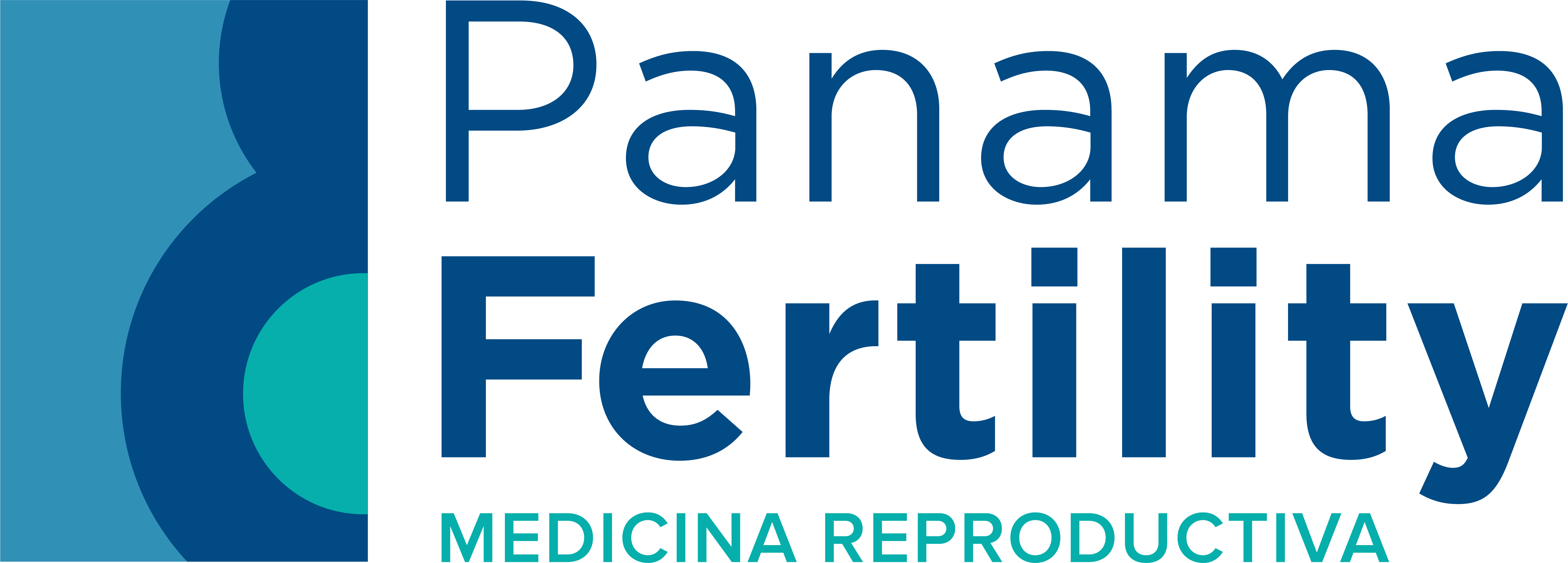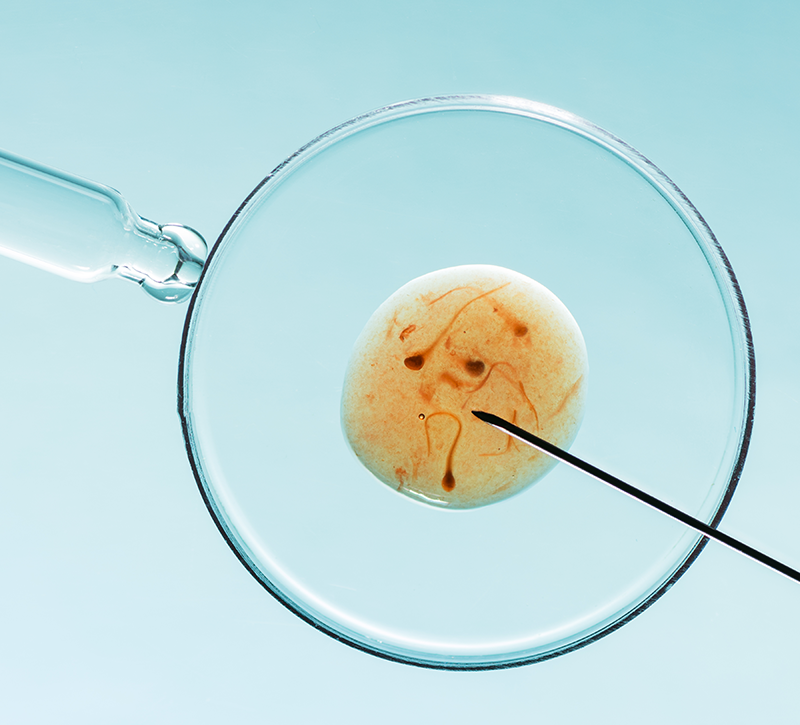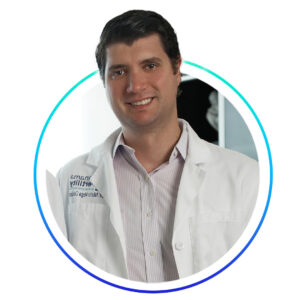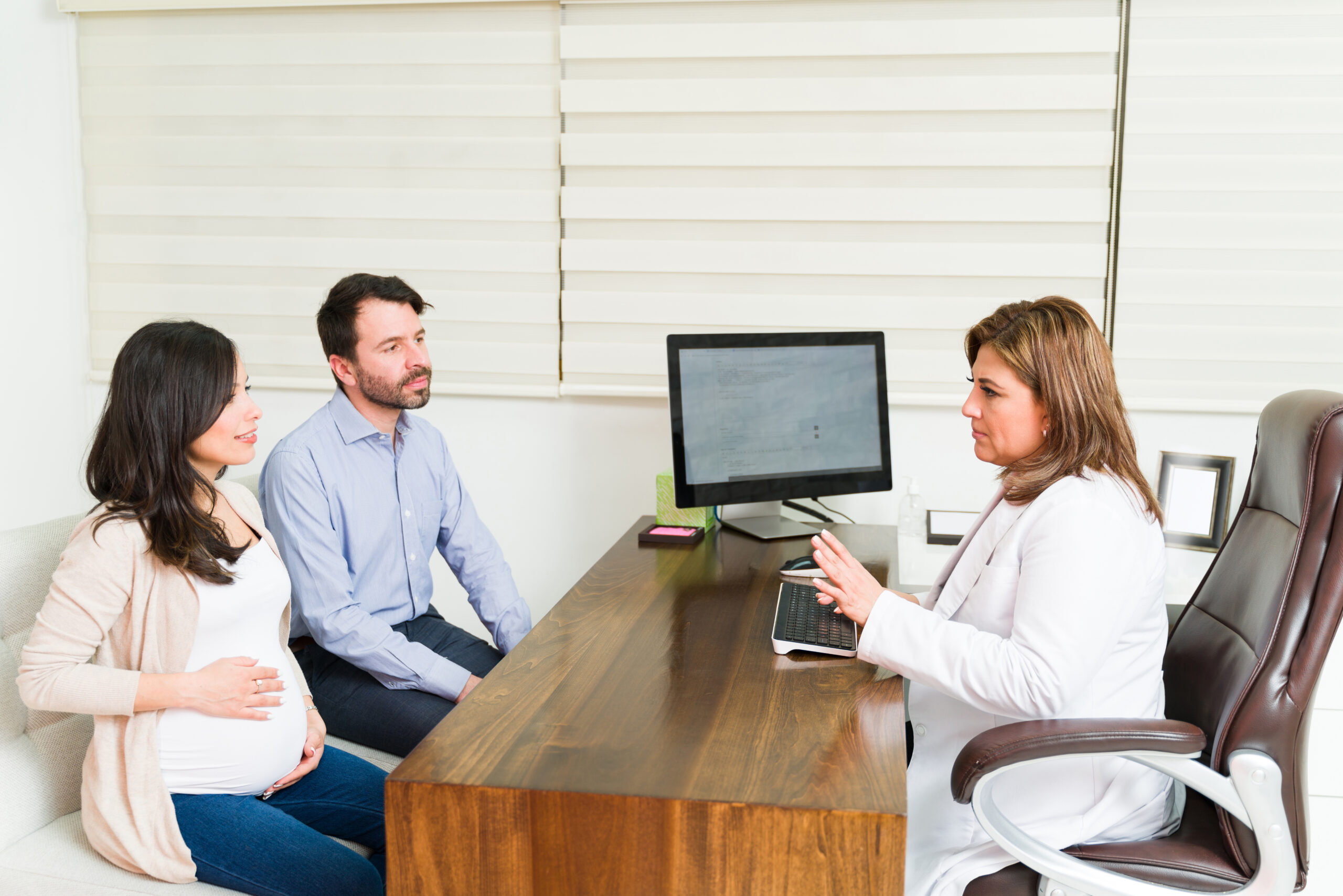Fertility Treatment for Low Sperm Count
fertility treatment
Fertility Treatments for Women: Best Options Available in Bahamas

Low sperm count, also known as oligospermia, is a common cause of male infertility. Defined as having fewer than 15 million sperm per milliliter of semen, this condition can significantly lower a man’s chances of conceiving naturally. However, low sperm count doesn’t mean parenthood is out of reach.
In Bahamas, various fertility treatments for low sperm count are available, from lifestyle changes to advanced reproductive technologies. In this article, we’ll explore the causes, diagnostic process, and most effective treatments to help men achieve fatherhood.
Causes of Low Sperm Count
Several factors contribute to low sperm count, including:
✔ Varicocele (enlarged veins in the scrotum)
✔ Hormonal imbalances (low testosterone, high FSH or LH)
✔ Infections (STIs, prostatitis)
✔ Genetic conditions (Klinefelter syndrome, Y-chromosome microdeletions)
✔ Lifestyle factors (smoking, alcohol, obesity, stress)
✔ Environmental toxins (pesticides, heavy metals)
✔ Heat exposure (frequent saunas, hot baths, tight clothing)
✔ Certain medications and medical conditions
How is Low Sperm Count Diagnosed in Bahamas?
Diagnosis begins with a thorough evaluation:
✅ Semen Analysis
The primary test, which assesses:
- Sperm count (concentration)
- Motility (movement)
- Morphology (shape)
Volume, pH, and overall quality
✅ Hormone Testing
Blood tests evaluate levels of testosterone, FSH, LH, and prolactin to identify hormonal causes.
✅ Scrotal Ultrasound
Detects physical abnormalities like varicocele or blockages.
✅ Genetic Testing
- Recommended for severe oligospermia or azoospermia (absence of sperm), to check for chromosomal issues.
Fertility Treatment Options for Low Sperm Count in Bahamas
Once the cause is identified, several treatment paths can be pursued:
Lifestyle Modifications
Simple changes can dramatically improve sperm count:
✔ Quit smoking and reduce alcohol consumption.
✔ Adopt a nutrient-rich diet (zinc, vitamin C, antioxidants).
✔ Maintain a healthy weight.
✔ Exercise regularly.
✔ Avoid excessive heat exposure (tight underwear, saunas).
✔ Reduce stress through relaxation techniques.
Medical Treatments
Depending on the cause:
Hormonal Therapy
✔ Clomiphene Citrate or HCG injections can stimulate natural testosterone production and improve sperm output.
Antibiotics
Prescribed if infections are compromising sperm health.
Varicocelectomy
A minor surgical procedure to repair varicocele, which often increases sperm count and quality post-surgery.
Supplements for Sperm Health
Certain vitamins and minerals can boost sperm production:
- Zinc
- Vitamin C & E
- Selenium
- L-Carnitine
- Coenzyme Q10
Assisted Reproductive Technologies (ART)
For moderate to severe cases, ART offers excellent success rates:
Intrauterine Insemination (IUI)
- Semen is processed to concentrate the healthiest sperm.
- Sperm is inserted directly into the uterus during ovulation.
- Suitable for mild to moderate low sperm count cases.
In Vitro Fertilization (IVF) with ICSI
For severe oligospermia or non-obstructive azoospermia:
- Intracytoplasmic Sperm Injection (ICSI) involves injecting a single sperm directly into an egg.
- Bypasses issues of count and motility.
- High success rate for male factor infertility.
Sperm Retrieval Procedures
When sperm is absent in semen samples:
- TESA (Testicular Sperm Aspiration)
- TESE (Testicular Sperm Extraction)
These minimally invasive surgeries retrieve sperm directly from the testicles, enabling IVF-ICSI.
Advanced Fertility Care for Men in Bahamas
Top fertility centers in Bahamas, and leading clinics like Panamá Fertility, provide comprehensive care for male infertility:
- Advanced andrology labs for precise semen analysis
- Hormonal therapy plans customized for each patient
- IUI and IVF-ICSI with cutting-edge technology
- Genetic counseling and testing
Sperm freezing and storage services
FAQs About Fertility Treatment for Low Sperm Count
Yes, especially if motility and morphology are good. However, assisted reproductive techniques often significantly improve the chances.
Less than 5 million sperm per milliliter is considered very low, often requiring IVF-ICSI.
Most treatments, including semen analysis, IUI, and sperm retrieval, are minimally invasive and safe.
Conclusion: Effective Solutions for Low Sperm Count in Bahamas
Low sperm count may feel like a significant obstacle, but numerous treatment options can help overcome it. From simple lifestyle adjustments to advanced techniques like IVF-ICSI, men in Bahamas have access to world-class care to maximize their chances of fatherhood.
fertility treatment
👉 Book your appointment now.

🌟 At Panamá Fertility, we specialize in diagnosing and treating male infertility, offering personalized plans and the latest reproductive technologies.





